
- Article
- Article
When monarchs healed the sick
Our current Queen fortunately doesn’t have to spend hours laying hands on the sick to cure them. But it was a different story for monarchs of the early modern era, whose touch was a sought-after treatment for scrofula.
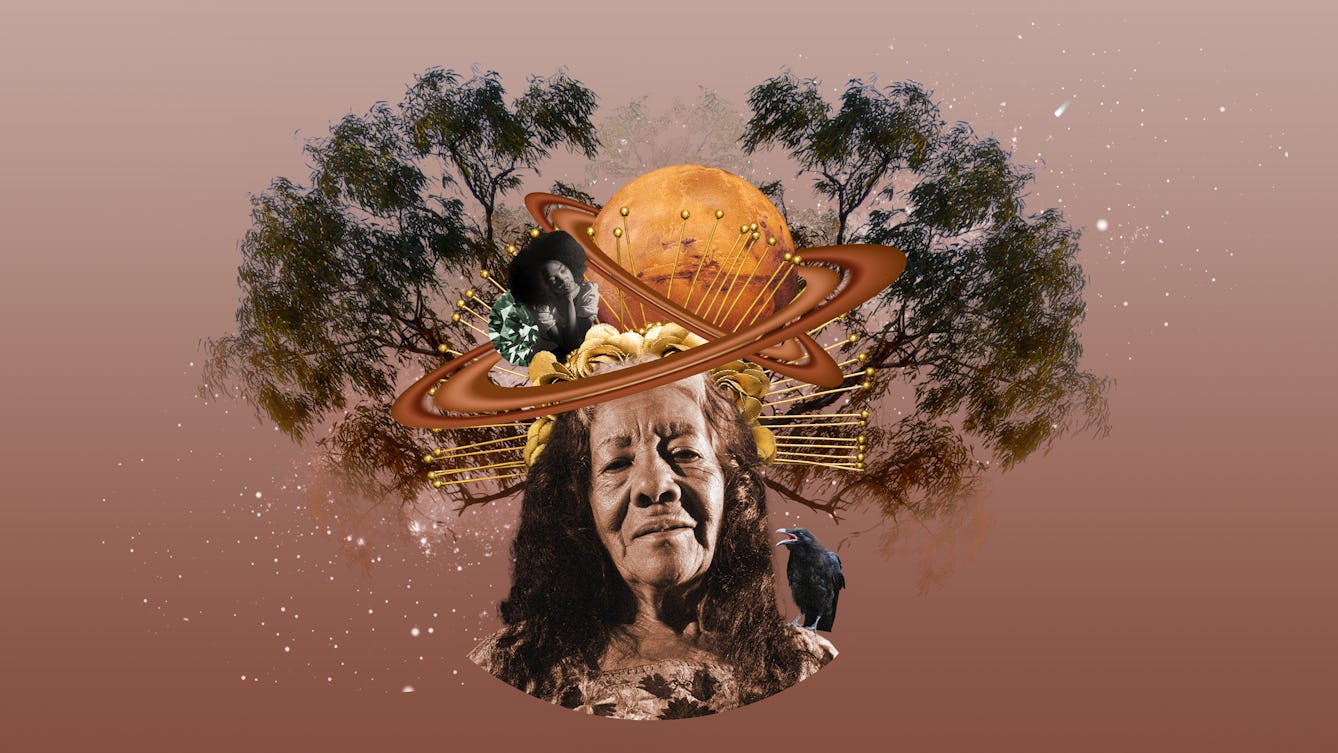
- Article
- Article
Crones
Menopause can be tough when nobody talks about it and all the stereotypes are negative, but it can also be transformative, marking the start of a new stage of life - cronehood.
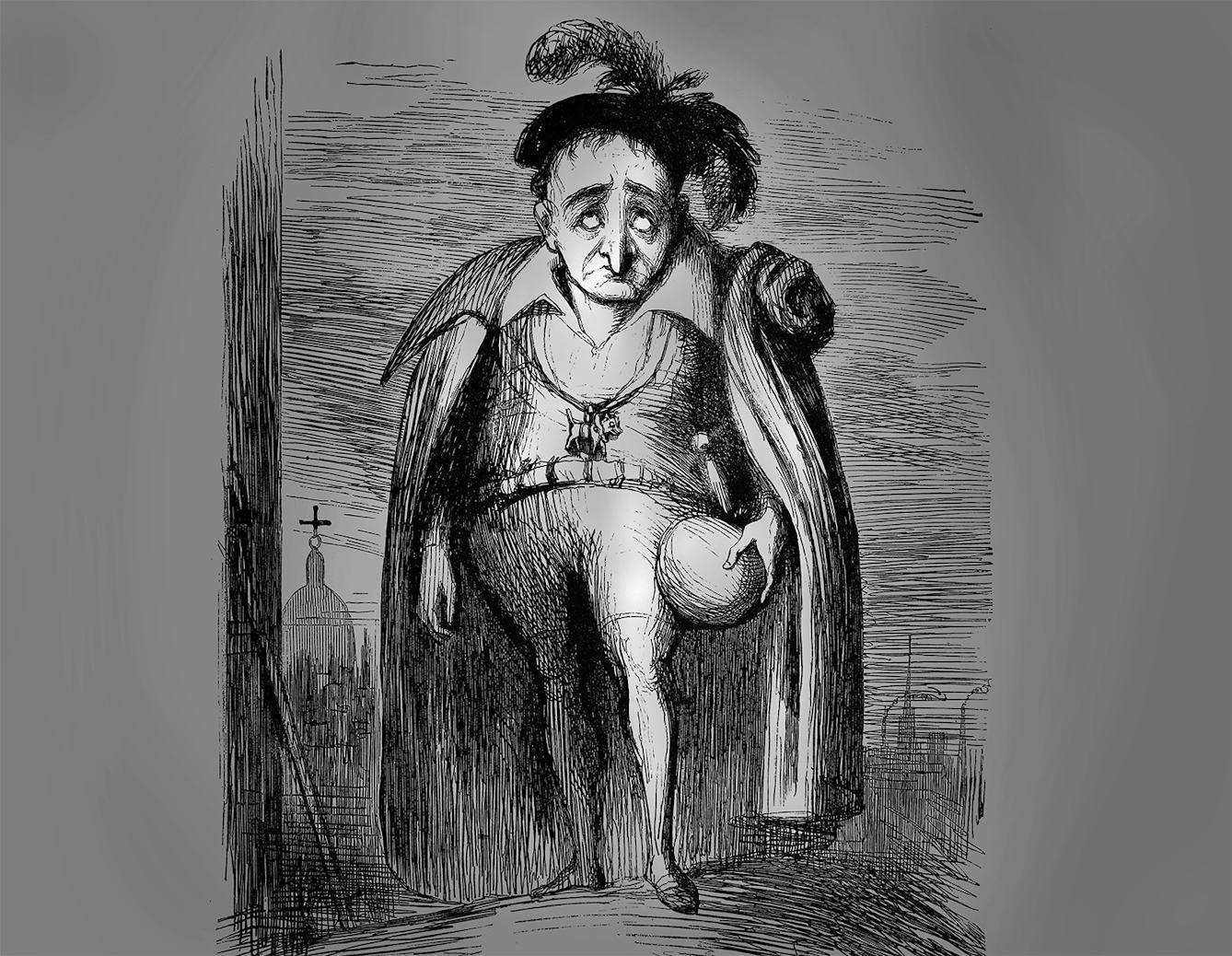
- Article
- Article
Hamlet, the melancholic Prince of Denmark
Hamlet clearly demonstrates an excess of black bile and is arguably the most famous literary melancholic.

- Article
- Article
Sick of the theatre
What makes the stage a good place to share real-life experiences of ill health?
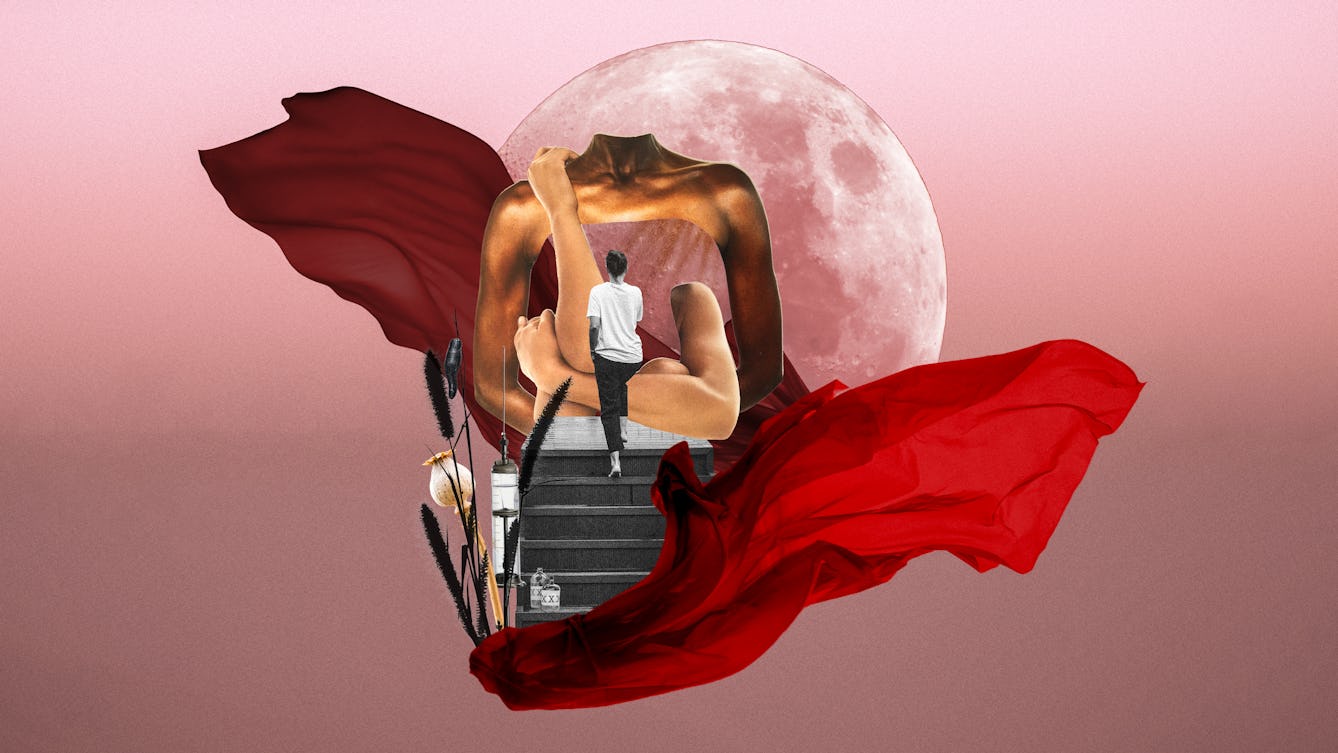
- Article
- Article
Blood
Discover the history, mythology and taboos around blood and menopause, and hear from some contemporary voices about their experiences of periods and the onset of menopause.

- Photo story
- Photo story
The man who remembers everything
Tilney1 can remember his life in minute detail, but can’t control the incessant intrusion of thoughts and images from the past. As cuts to mental health services isolate him more and more, a crisis approaches.

- Article
- Article
What is structural violence?
Structural violence is seemingly invisible. But its tentacles have invaded every part of many people’s lives, thoughts, experiences and expectations, shaping them in ways they don’t even realise.

- Article
- Article
Why some patients make my heart sink
Instead of getting nowhere with certain demanding, manipulative patients, our anonymous GP wonders if there’s a way to help them.

- Article
- Article
A history of mindfulness
Matt Drage questions how an ancient religious practice became a secular cure for stress.
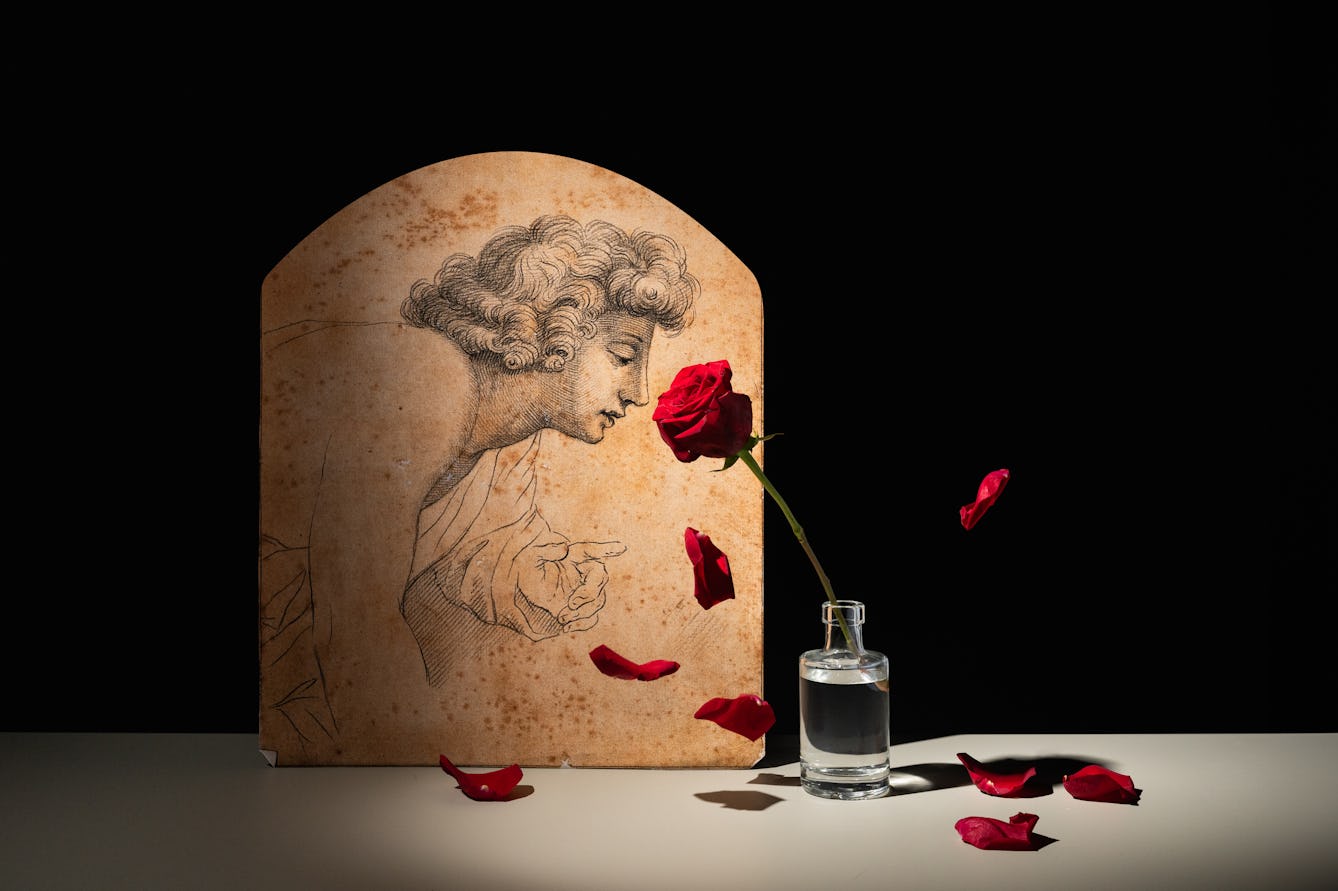
- Article
- Article
What the nose doesn’t know
Losing her sense of smell for over a year motivated Stephanie Howard-Smith to sniff out the history of treatments for this unsettling condition.
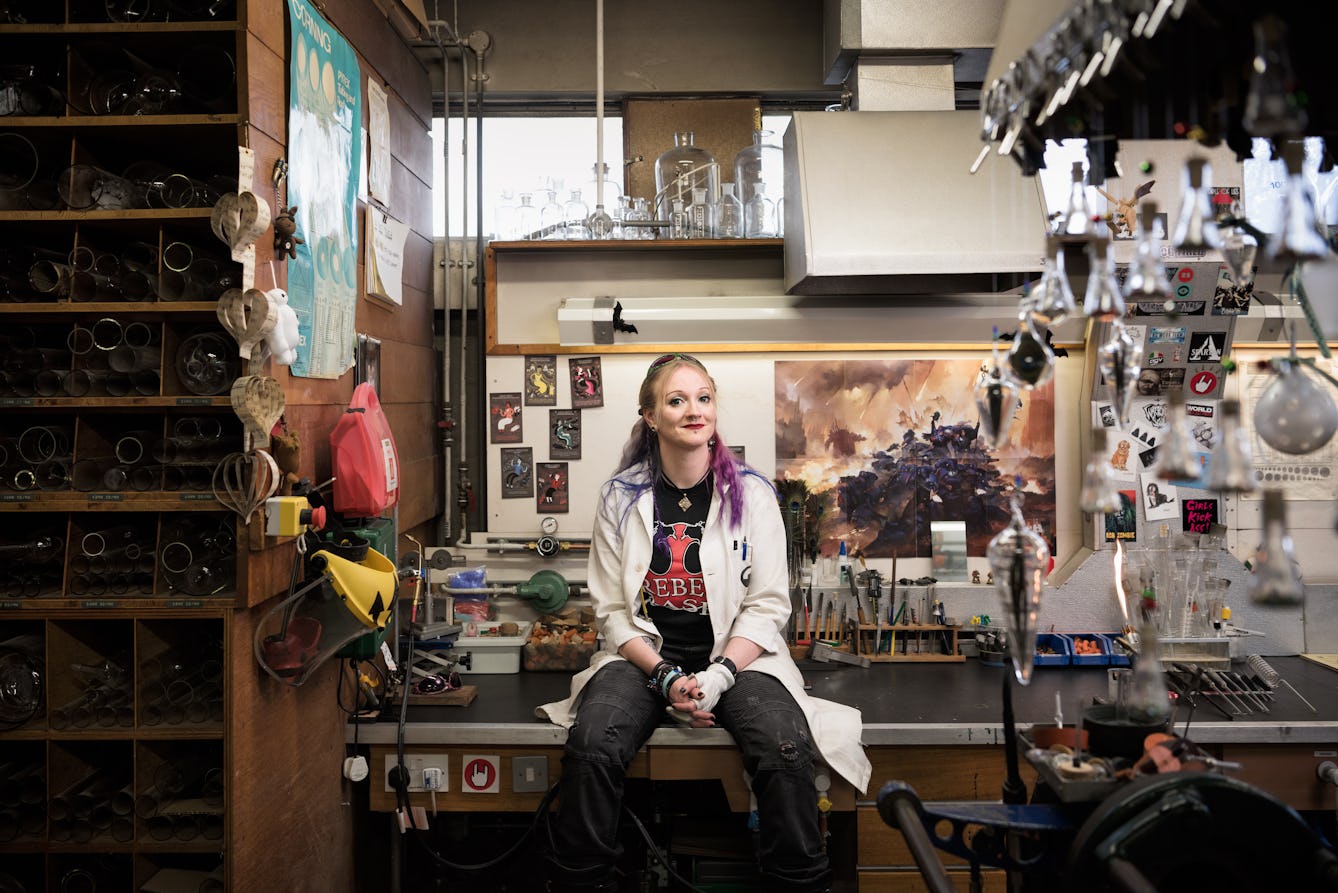
- Article
- Article
The art of scientific glassblowing
Exciting things happen when art, craft, engineering and science collide. Glassblower Gayle Price is proof of that.

- Article
- Article
Guide dogs or good dogs from the Middle Ages
Medieval illustrations often show blind people, sometimes with dogs. But working out whether these were actually guide dogs involves a mix of detailed detective work and expert speculation.

- Article
- Article
The solidarity of sickness
Visiting an injured friend in hospital prompts writer Sinéad Gleeson to reflect on the instant rapport forged between compatriots in the kingdom of the sick.
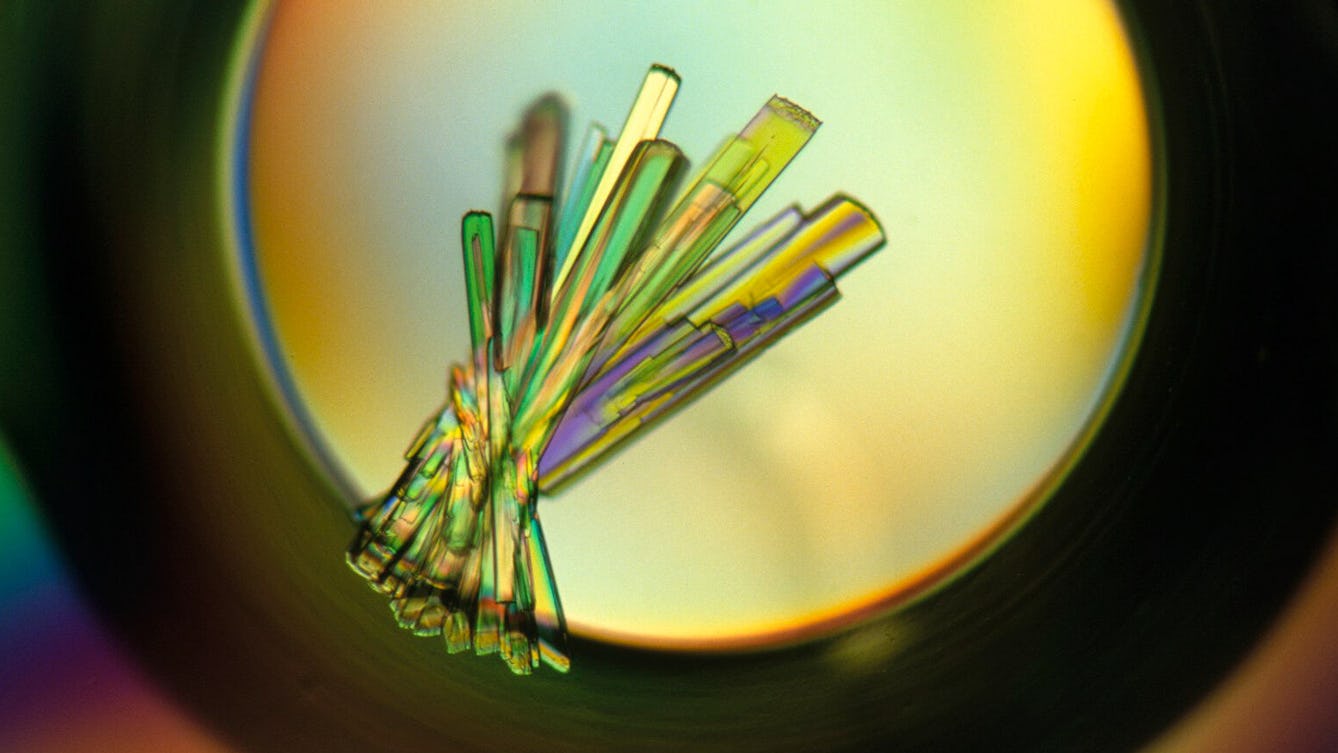
- Article
- Article
Why gene editing can never eliminate disability
In a world where DNA testing and gene editing offer ways to eliminate certain disabilities, Jaipreet Virdi explores a more accepting and inclusive approach.

- Article
- Article
The case of the cancerous stomach
Steak and schnitzel were on the menu again after Theodor Billroth successfully excised a woman’s stomach cancer in 1881. Remarkably, today’s surgeons still perform the same procedure, with slight modifications.

- Article
- Article
Thalidomide, a bitter pill
Hear from some of the women who took the drug thalidomide over sixty years ago about the fear, isolation and grief that they experienced as the appalling pharmaceutical scandal unfolded around them.

- Article
- Article
Coleridge’s hypochondria
An intense focus on his own bodily sensations led poet Samuel Taylor Coleridge to self-medicate with narcotics. But this fascination also put Coleridge ahead of the medical sensibilities of his day.
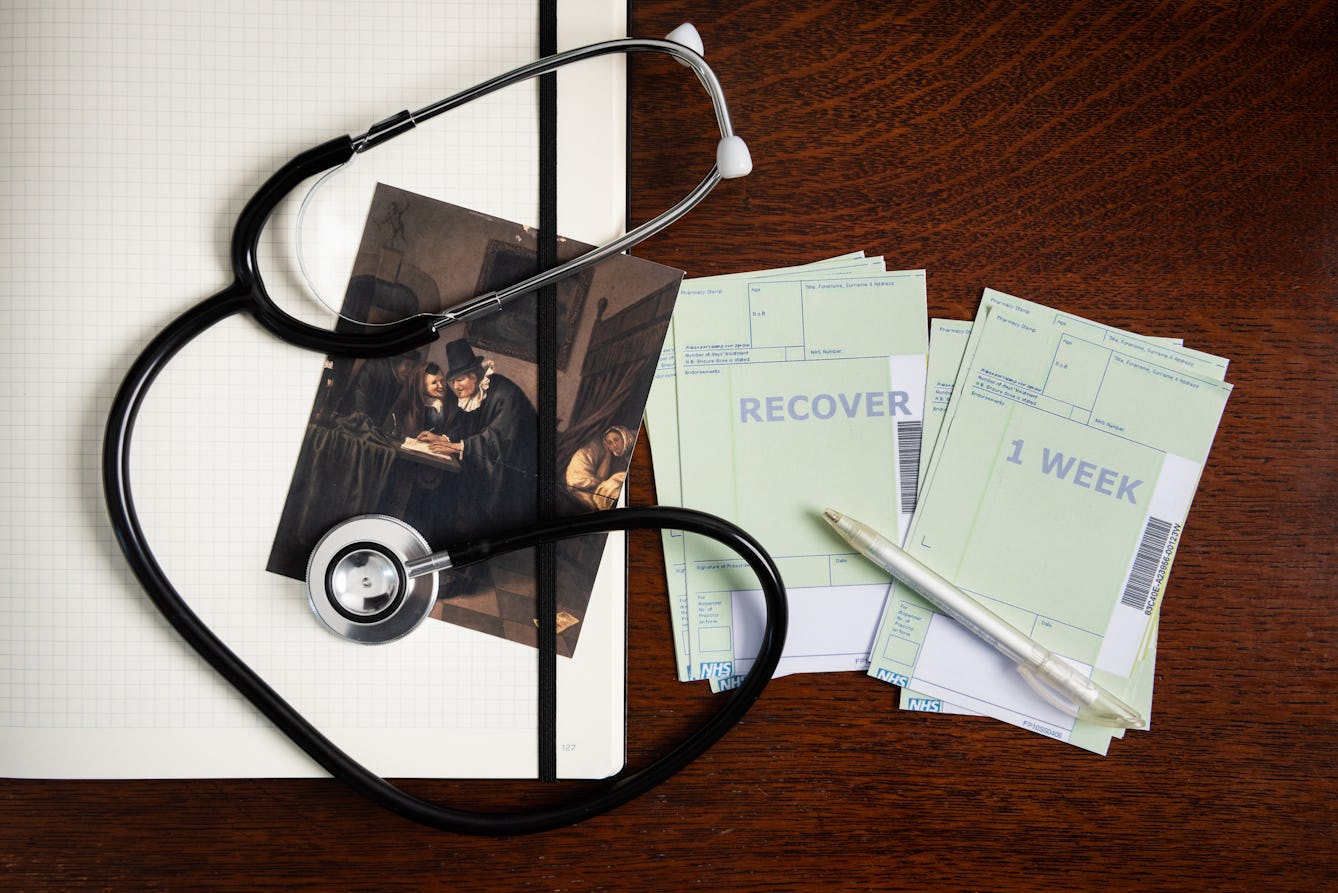
- Book extract
- Book extract
Permission to recover
When it comes to illness, sometimes the end is just the beginning. Gavin Francis argues why being given permission to recover is so important.

- Article
- Article
A little wildness
To salve her longing for a dog, Rowan Hisayo Buchanan chose a puppy. She found that, despite centuries of domestication, her dog still retains aspects of her wild ancestry.
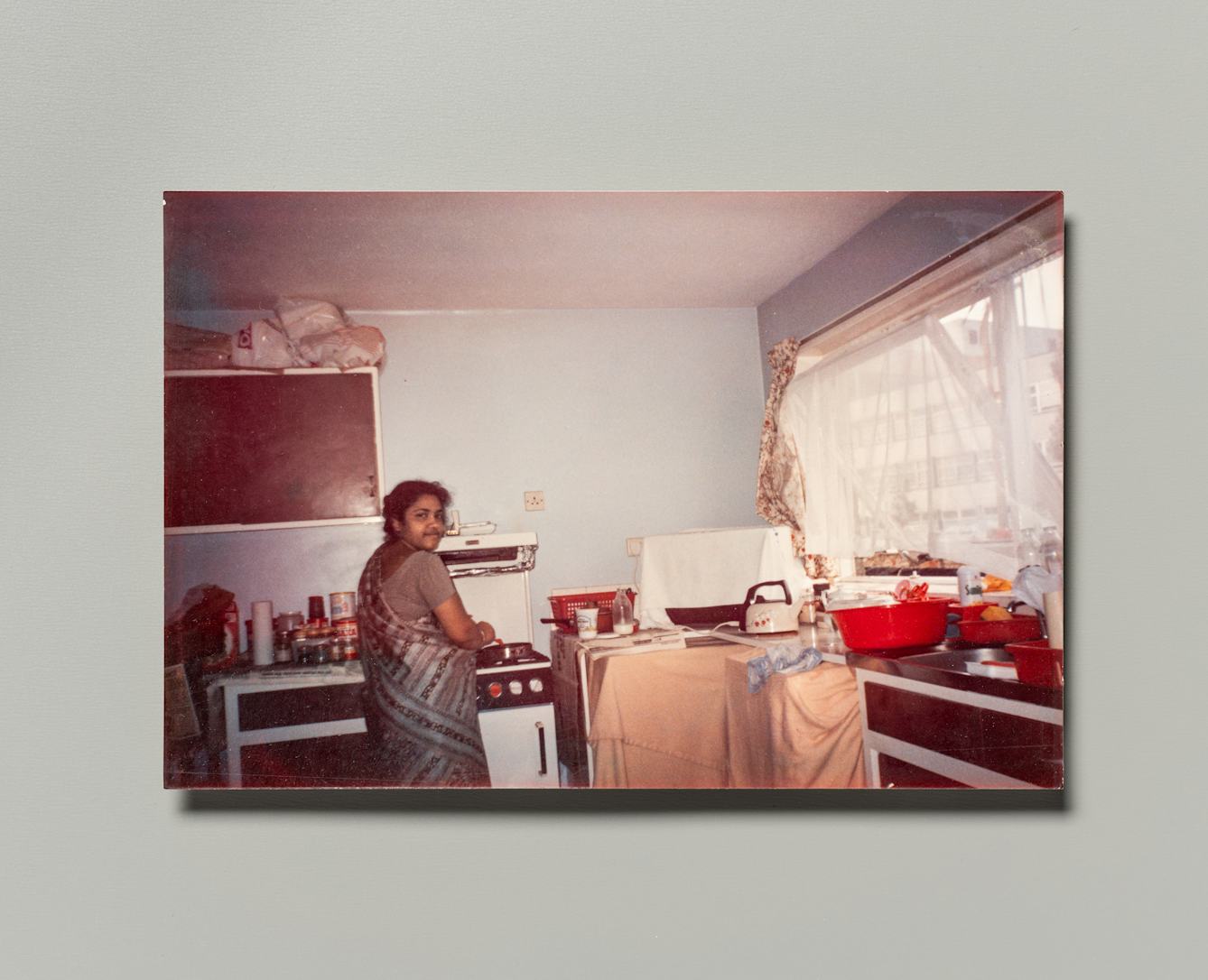
- Article
- Article
Doctor in the house
A house is not always a home – sometimes it’s impermanent, impersonal. But other aspects of the itinerant life can be the source of a sense of home.
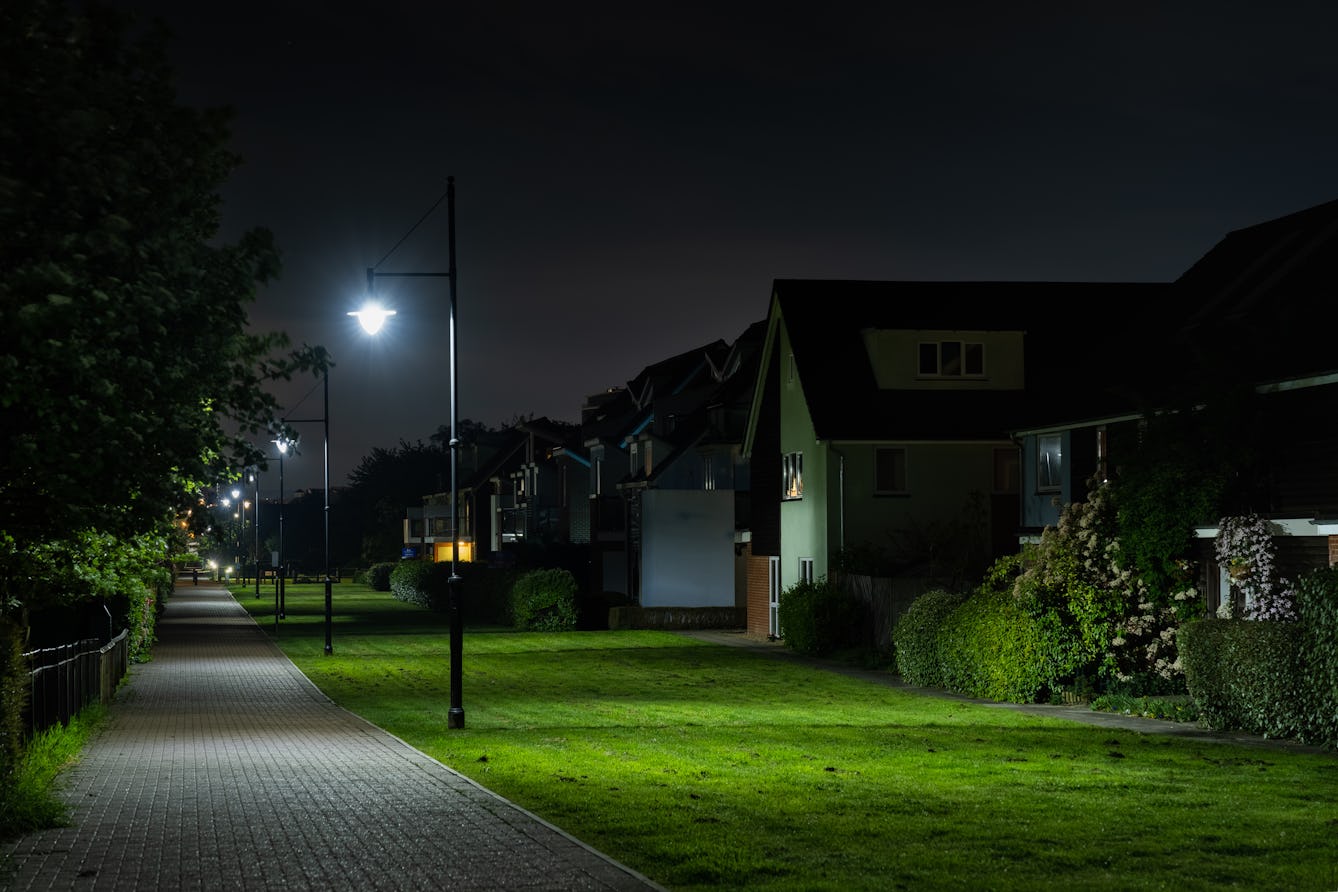
- Long read
- Long read
Our complicated love affair with light
Sunlight is essential, but our relationship with artificial light is less clear cut. It expands what’s possible; it also obscures and polices. In this long read, Lauren Collee pits light against night, and reveals the shady places in between.
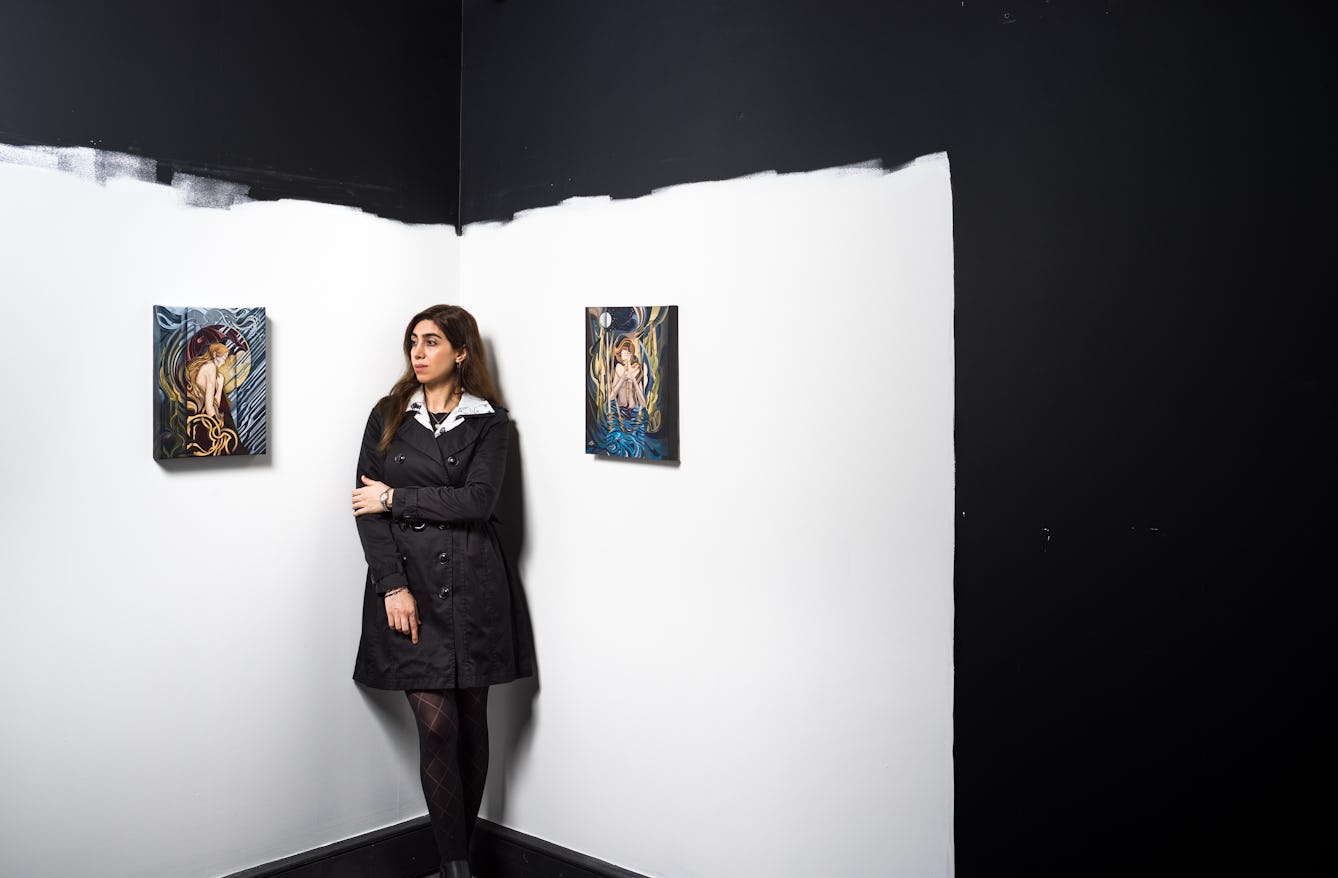
- Interview
- Interview
Refugee health on a pound a day
Two refugees living a hand-to-mouth existence in the UK explain how trauma has affected their health, and how a little kindness is bringing them hope.
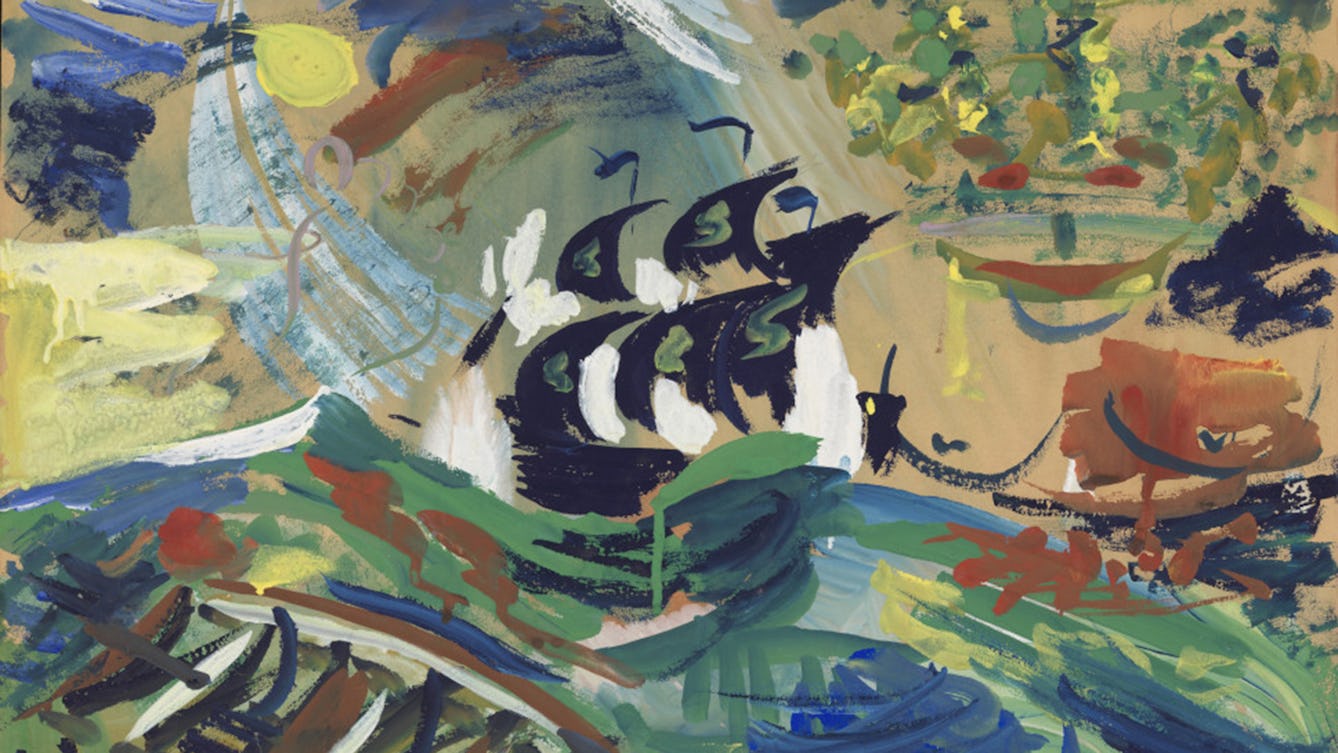
- Article
- Article
Picturing mental health
Ron Hampshire created artworks while resident at Netherne psychiatric hospital. What can we learn from them?

- Article
- Article
Drug sharing in desperate times
When Nicole was threatened with deportation, her mental health deteriorated. Now without a job, a passport or a doctor, she depends on others to send her their leftover anxiety drugs.